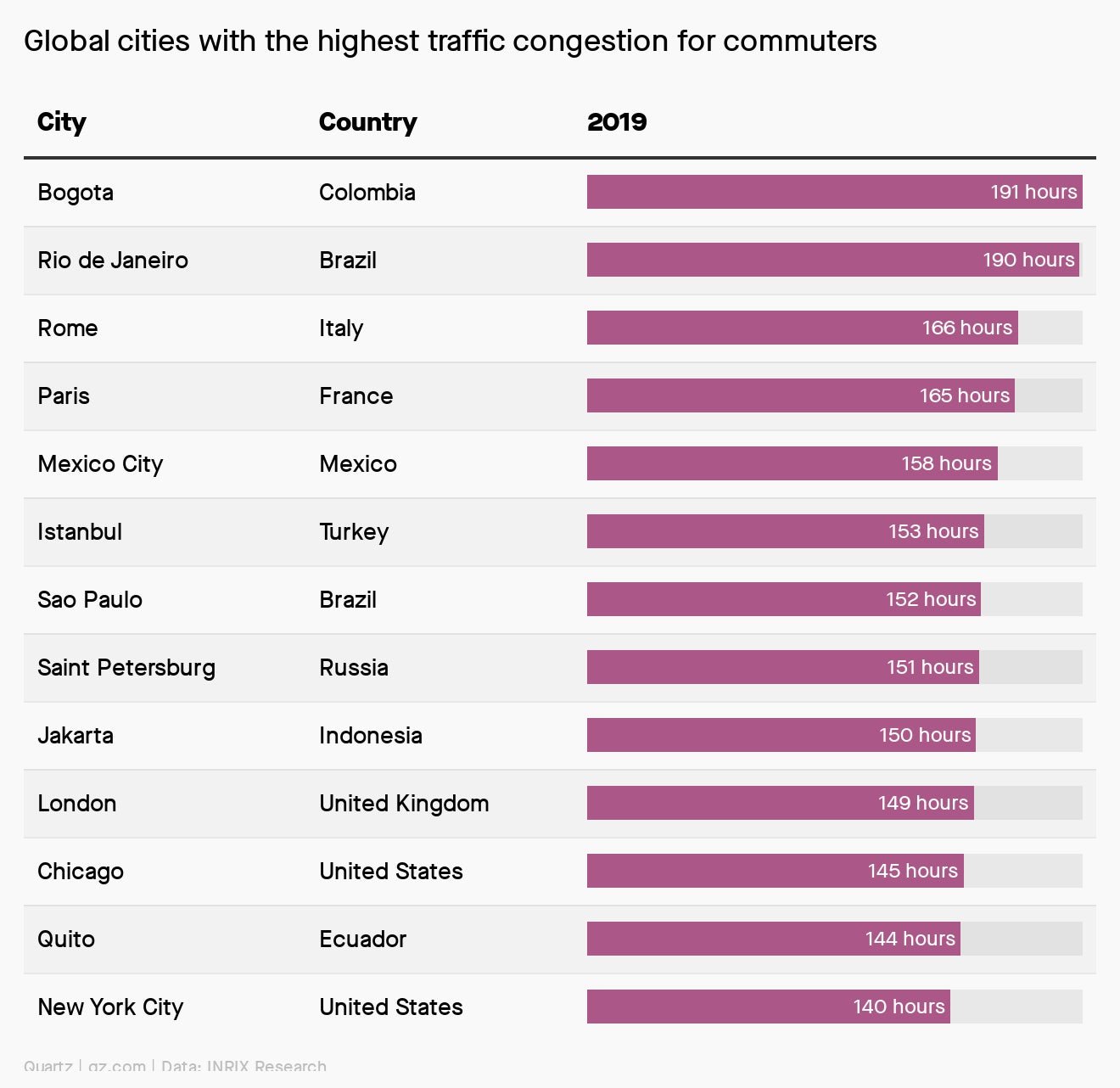Emergency loan extension, the new normal, disappearing stars
Good morning, Quartz readers!

Good morning, Quartz readers!
Here’s what you need to know
The US Senate approved an extension to an emergency loan scheme. As coronavirus cases continue to surge in parts of the US and many small businesses remain closed, the Paycheck Protection Program could continue if it’s subsequently rubber-stamped by the House and the president, with $130 billion still unspent.
The new North American trade deal takes effect today. The replacement for Nafta, which was in place for 26 years and described by US president Donald Trump as “the worst deal ever made,” kicks in with the US, Canada, and Mexico all in recession.
The US is burning oil like it’s 1983. Consumption has fallen to levels not seen since Thriller destroyed all other albums. Meanwhile, BP quit the plastics business because it may no longer be drinking the petrochemical kool-aid. European companies are more pessimistic about oil’s future than their American counterparts.
Carl Reiner died at the age of 98. Glowing tributes have been pouring in for the comedy pioneer, originally from the Bronx, who was best friends with Mel Brooks for more than 70 years. In one particularly wonderful story, Reiner called a fan to discuss a 50-year-old joke from one of his TV shows.
Hong Kong’s true handover
Dozens of protesters have been arrested in Hong Kong. They were on the streets after China imposed a national security law that will fundamentally change the territory’s character, and the US may give the protesters priority refugee status. But China is giving itself carte blanche to pursue critics anywhere in the world.
Today also marks 23 years since Hong Kong’s handover from British rule to China. The city was supposed to retain a high degree of autonomy: the special territory would have an independent judiciary, for example, and far more robust protections of civil liberties than on the mainland.
But China has chipped away at that autonomy over the years, and has used the pandemic as an opportunity to pounce on Hong Kong. The new law criminalizes a vast swath of activities and severely curtails freedoms. July 1, 2020 may well mark Hong Kong’s true handover.
The law’s ripples were felt even before its passage. For the first time in nearly two decades, police banned the annual July 1 pro-democracy march. People scrubbed their internet histories. Foreign businesses like HSBC have been pressured to support the law, and the US is taking steps to revoke Hong Kong’s special trade status, a move that threatens the city’s future as an international financial and data hub.
But while these developments seem worrying, many protesters see them as signs that their laam caau strategy—daring Beijing to crack down further so governments will punish China and throw Hong Kong a lifeline—is finally paying off.
Charting the global traffic problem
Earlier this year, traffic analytics company Inrix released 2019 data collected from millions of GPS-enabled devices in cars—data used to power a lot of navigation software, including Google Waze. We took a look under the hood to figure out which cities have the worst traffic in the world.

For members: Canceling cars
In many cities, cars have been king for decades, influencing urban planning to a degree that many feel needs to be walked back. Literally. Emptier streets have provided a golden opportunity for some locations to stage a coup against the automobile (✦ Quartz member exclusive) by doubling down on some pre-pandemic tactics:
- Reward those who don’t use a private car
- Subsidize bicycle sales by giving citizens vouchers
- Make public transit free forever
- Propose new car-free bridges
- Add bike racks to buses
- Make bike shares part of the public system
- Expand time-saving bus lanes
- Resist the urge to make parking easier or free
✦ Read more about where these changes are happening, and why, in our field guide to the commuting revolution. That and a lot more are all yours with a Quartz membership—currently on sale for 50% off! ✦
What does the new future look like?
We asked 54 experts to tell us what life will look like in five years, and four of them named industries whose futures have been severely impacted—sometimes for the better!—by Covid-19.
“The way in which we travel, and think about traveling, has changed, and I’m sure this will be long-term.” —Yolanda Edwards, Founder, Yolo Journal
“In many ways, social distancing and stay-at-home orders have leveled the playing field for business owners.” —Harley Finkelstein, chief operating officer, Shopify
“This catalytic moment offers us a unique opportunity to reimagine how students learn and, in turn, adjust our education systems and models for the future.” —John Goodwin, CEO, the LEGO Foundation
“The next five years need to be a time of drastic reengineering of our systems and structures to eliminate health disparities and know that in crisis we have the ability to ensure that resources and care are allocated equitably.” —Esther Choo, associate professor, Center for Policy & Research in Emergency Medicine, Oregon Health & Science University
Who has the most accurate prediction?
Got your own candidate for an industry that will never be the same again?
Surprising discoveries

High-rollers turned out for a record-setting virtual art auction. A Jean-Michel Basquiat brought in the biggest sale Sotheby’s has ever seen on its digital platform.
A giant blue star has vanished from the sky. It could have become a black hole or… it could just be hiding behind dust.
Egypt struck gold. The deposit, located in the country’s southeast, is thought to contain 1 million ounces (28,350 kg) of the good stuff.
A Korean election winner finally finds justice. In Kellogg’s 2004 PR stunt, the green-onion flavored Chex was never meant to defeat the chocolate variety.
Plexiglass dividers could make dining better. One lampshade-esque design had the unintended consequence of enhancing food aromas.
Our best wishes for a productive day. Please send any news, comments, savory cereals, and gold nuggets to [email protected]. Get the most out of Quartz by downloading our app on iOS or Android and becoming a member. Today’s Daily Brief was brought to you by Hasit Shah, Susan Howson, Dan Kopf, Mary Hui, and Max Lockie.